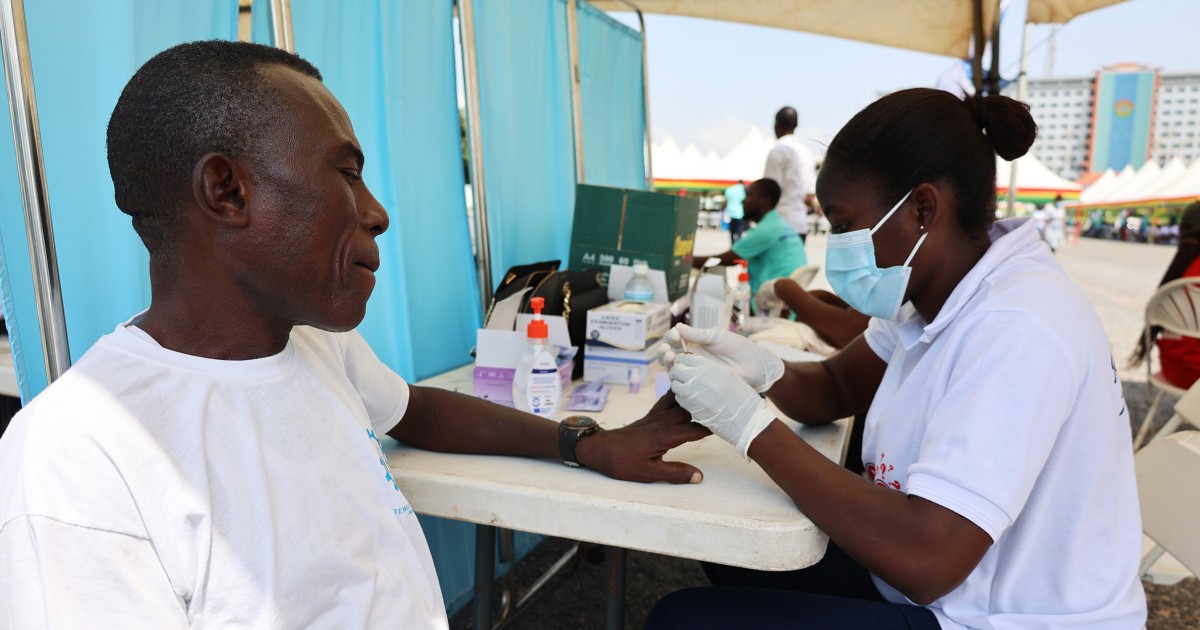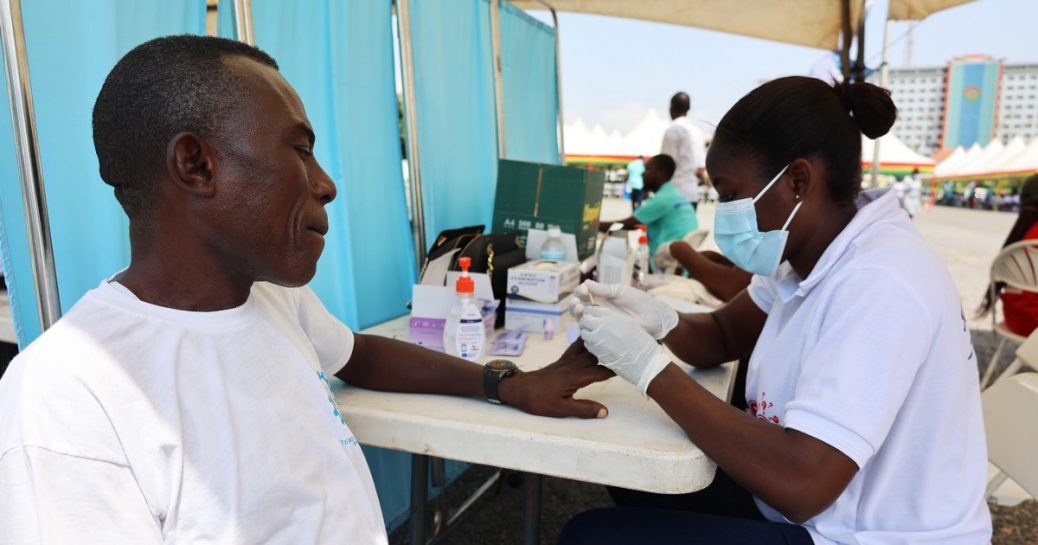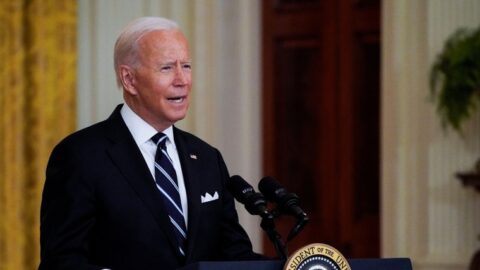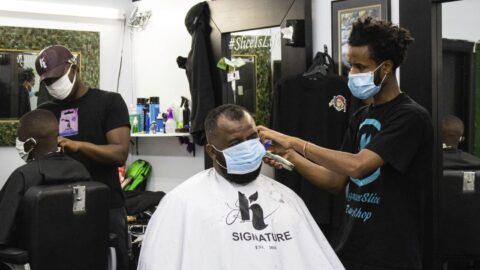
LONDON — The global response to AIDS is “under threat” because of an unprecedented backlash against human rights that is stigmatizing the groups most at risk of HIV infection, the head of the United Nations AIDS program has warned.
Winnie Byanyima, executive director of UNAIDS, said countries where there are laws against LGBTQ people, or which criminalize sex work or personal drug use, are largely the places seeing a rise or plateau in new infections.
Stigma, discrimination and a lack of comprehensive sex education was also an issue, she said.
“This pushback — anti-human rights, anti-democratic, anti-gender equality — has put our work under threat,” she told Reuters in an interview in London ahead of the launch of a new report from the organization she leads.
UNAIDS is aiming for a target of ending the disease as a public health threat by 2030, which Byanyima said was still achievable, with a number of countries, particularly in Africa on track or close to their targets. But in other regions like eastern Europe and north Africa, infections are on the rise.
“We are saying it can be achieved. That’s not the same as saying it will be achieved,” she said.
Globally, there were 39 million people living with AIDS in 2022, including 1.3 million who were newly infected. Almost 30 million of them are getting treatment, but there were still 630,000 deaths due to AIDS-related illnesses last year, according to UNAIDS data.
The new report calls for the work of community organizations to be recognized and funded to help fight stigma and the wider backlash, under the title “Let communities lead”.
Byanyima said there were also other challenges, such as funding and “big battles” with pharmaceutical companies to ensure that new products can be made available in low-income countries at an affordable price.









Recent Comments